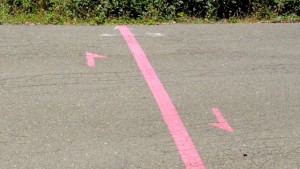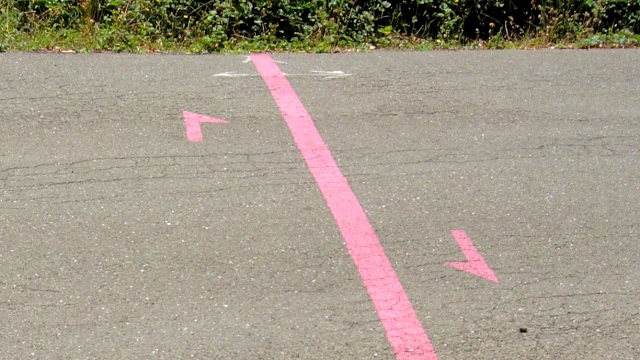
We in the Bay Area, like most Californians, have always lived under the chronic threat of earthquakes. We know about it from personal experience and, farther back, from history. The government works against this threat in the sensible ways: building codes, zoning ordinances, scientific research, insurance mandates.
The rest of us have folkways organized around our local hazard. "Drop, cover and hold on" is a good one that we teach all of our kids. "Stand in a doorway" has been officially phased out—that works only in a traditional adobe building—but it's nearly as stubborn as the old adobes themselves.
The folk notion of "earthquake weather" centers around a belief that hot, still weather foreshadows an earthquake. It seems to be rooted in our culture as deeply as the ancient Greeks. Science established long ago that earthquakes have no statistical relation to the weather. Yet just last week one of the smartest, most competent people I know said in an online exchange, "I've been worrying about earthquakes since the period of extreme stillness started yesterday."
I look around and wonder, too, when the weather gets weird. Something deeper is going on, something that I think we can't help doing. To talk about it I must turn to mythic, not scientific language. When the wind dies, the world is obviously holding its breath. What does the world await? The sky above is clear; there are no surface hazards nearby; it must be something below about to happen.
Scientists consider "earthquake weather" one of many misconceptions to be ruthlessly stamped out. (See attempts by the California Department of Conservation, the Southern California Earthquake Center and the U.S. Geological Survey.) But physics cannot displace psychology. I think that hot, still weather is so unusual in California that it allows our latent anxieties, whatever they are, to rise and demand attention. Something feels strange: is it related to my ongoing dread? Yes, that must be it. I will be vigilant. Now I feel a bit more in control.
